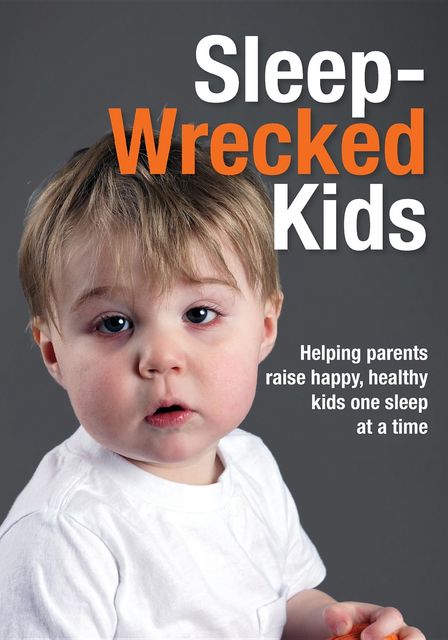
Read in our apps:
iOS
·Android
Sleep Wrecked Kids
- About
- Quotes13
- Readers4
- On the bookshelves
- Tatiana Vhas quoted3 years agoBad sleep runs along a continuum, but pretty much anything that interrupts the quantity, quality and consistency of your sleep is somewhere on the bad scale, no matter how mild. Mild difficulties may be something you feel you can just put up with, but they have a hidden cost, leading to a build-up of sleep debt over time.
- Tatiana Vhas quoted3 years agoCircadian rhythms determine daytime alertness and night-time sleepiness. Each person’s circadian rhythm varies, determining whether they are natural early risers or late to bed. These rhythms are highly dependent on environmental cues like light, sound, atmosphere and activity levels, but light is the prime factor because of its influence on the hormone melatonin which, when released in the brain as daylight fades, helps to trigger sleep onset.
- Tatiana Vhas quoted3 years ago, what is good sleep? Good sleep is silent, uninterrupted sleep, for the recommended number of hours according to age, which results in waking refreshed. In the following pages, I’ll share the basics of how sleep works and what to expect when you and your kids are sleeping well.
- Tatiana Vhas quoted3 years agoSleep disorders require a medical diagnosis. The true per centage is difficult to determine, however, five to ten per cent of children snore regularly,75 two to four per cent have obstructive sleep apnoea,76 and others experience variations of upper airway obstruction such as upper airway resistance syndrome or other diagnosable sleep disorders like restless leg syndrome.77 Some have milder sleep disturbances from issues such as mouth breathing. Disordered sleep, in contrast, refers to situations where kids’ sleep is disrupted for other reasons, like a poor routine, a poor sleep environment or emotional disturbances.
- Tatiana Vhas quoted3 years agoBedtime resistance is found in ten to fifteen per cent of toddlers. For preschool-aged children, fifteen to thirty per cent have difficulties falling asleep or wake during the night. For school-aged children, although previously thought to be rare, surveys suggest that sleep problems are present in twenty-five to forty per cent of four- to ten-year-old children. Fifteen per cent of these children have bedtime resistance and almost eleven per cent have sleep-related anxiety (that is, ‘conditioned’ insomnia).
- Tatiana Vhas quoted3 years agoSimply getting children to bed earlier than 9:30pm improves behaviour,65 and children who soothe themselves back to sleep from an early age adjust to school more easily than those who don’t. Helping parents get the sleep formula right when kids are young can make a big difference to everyone. Parents need a good support network.
- Tatiana Vhas quoted3 years agovital to get children’s sleep behaviours right by the time they turn five. ‘If these sleep issues aren’t resolved by the time children are five years old, then they are at risk of poorer adjustment to school
- Tatiana Vhas quoted3 years agoWhen sleep deprived, you feel hungrier than you actually are, do not feel full when you should, and are more likely to reach for carbohydrate-dense food.
- Tatiana Vhas quoted3 years agoYour face reflects your sleep. The stress hormone cortisol is released with sleep deprivation; several nights of poor sleep can prevent the production of collagen and increase fine lines and dark circles around the eyes. Chronic sleep deprivation increases the signs of ageing and lowers your satisfaction in your appearance.32,33 It turns out that beauty sleep is a real thing. Sleep problems are literally ‘in your face’.
- Tatiana Vhas quoted3 years agovery few people see that they may be torturing themselves by not getting the right amount of sleep each night, whether by under- or overdoing it. ‘Short sleepers’ are people who report sleeping fewer than seven hours on average per night and ‘long sleepers’ are individuals sleep more than nine hours on a typical night.26 Research indicates that both are at increased risk of all-cause mortality
fb2epub
Drag & drop your files
(not more than 5 at once)

